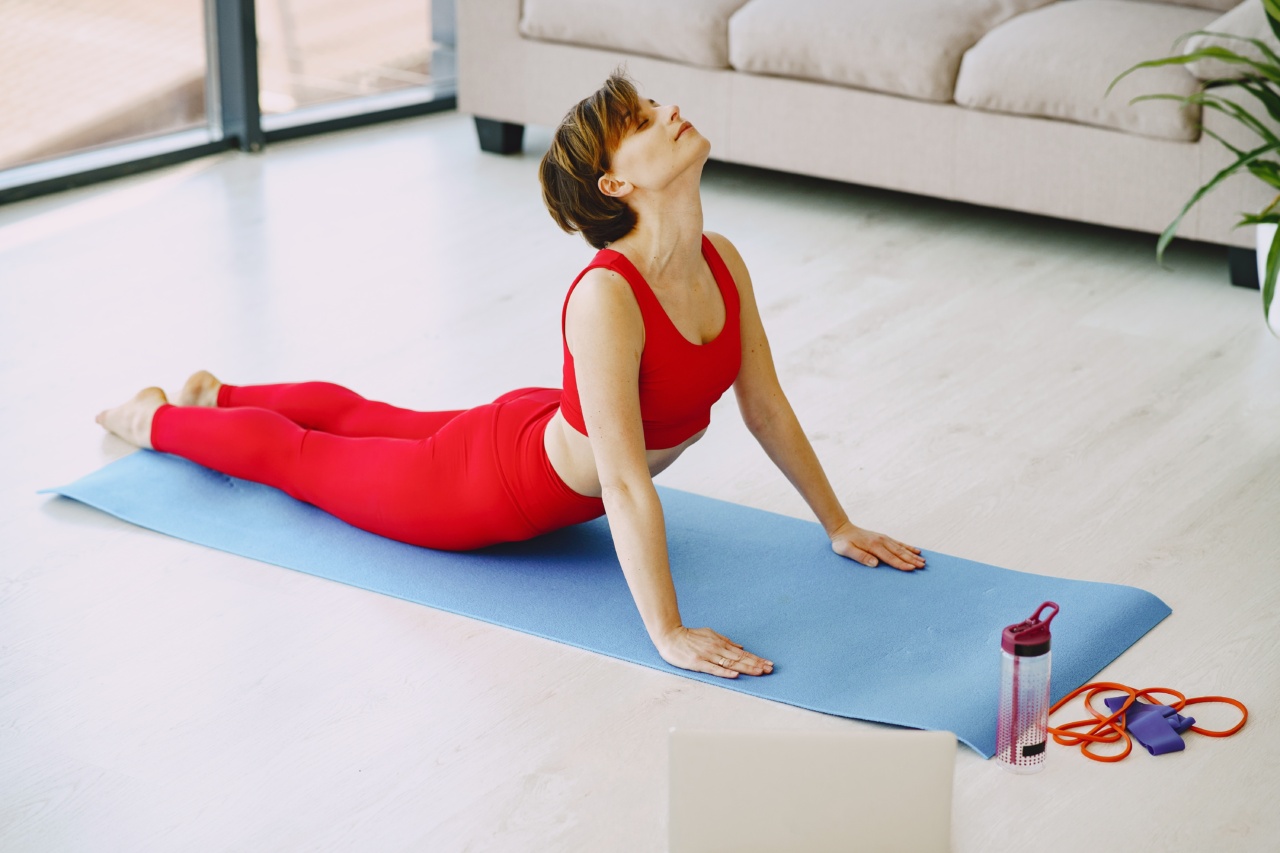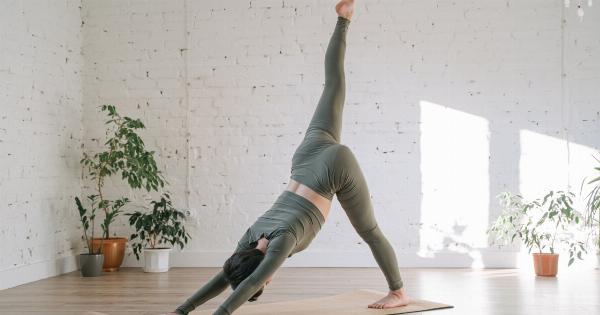Fitness and mental health are two interconnected aspects of overall well-being. While physical exercise is often associated with improving physical health, its impact on mental health cannot be overlooked.
Engaging in regular physical activity has numerous benefits for mental health, including reducing symptoms of stress, anxiety, and depression, enhancing mood, improving self-esteem, and promoting better sleep patterns. This article explores the connection between fitness and mental health and highlights the importance of incorporating exercise into our daily lives.
The Mental Health Benefits of Exercise
Exercise has been proven to have powerful effects on mental health. Regular physical activity helps release endorphins, also known as ‘feel-good’ hormones, which can elevate mood and create a sense of well-being.
These endorphins act as natural painkillers and provide a much-needed boost of energy and positivity. Engaging in physical activity also reduces the production of stress hormones, such as cortisol, leading to lower stress levels.
Beyond the immediate effects on mood, exercise can have long-term positive impacts on mental health. Research has shown that regular exercise can alleviate symptoms of anxiety and depression.
Exercise increases the brain’s sensitivity to serotonin and norepinephrine, neurotransmitters that are known to have mood-regulating effects. By improving the functioning of these neurotransmitters, exercise acts as a natural antidepressant.
Furthermore, physical activity can help individuals manage and cope with stress. While exercise provides a temporary escape from daily stressors, it also helps build resilience and improve overall coping mechanisms.
Engaging in physical activity can shift focus away from worries and concerns, allowing individuals to gain a fresh perspective and feel more in control of their lives.
The Connection Between Fitness and Self-Esteem
Regular exercise can significantly impact an individual’s self-esteem and body image. Engaging in physical activity improves fitness levels, which directly correlates with improved self-perception.
As individuals set and achieve fitness goals, they develop a sense of accomplishment and pride, leading to enhanced self-confidence.
Moreover, exercise can help individuals overcome body image issues and develop a more positive relationship with their bodies.
By focusing on the functionality and strength of the body rather than external appearance, individuals can foster a healthier and more accepting attitude towards themselves.
Exercise as a Stress-Relief Strategy
Stress is a common component of modern life, and finding effective ways to manage it is vital for overall well-being. Regular exercise serves as an excellent stress-relief strategy, providing a productive outlet for pent-up energy and emotions.
Physical activity stimulates the production of endorphins, which act as natural mood-lifters and stress reducers.
In addition to the immediate effects, exercise also promotes better sleep quality, further contributing to stress reduction. Poor sleep is closely linked to increased stress levels and can negatively impact mental health.
Engaging in physical activity during the day helps regulate the body’s circadian rhythm and promotes a more restful night’s sleep.
The Role of Exercise in Anxiety Management
Anxiety disorders affect millions of individuals worldwide, causing excessive worry, nervousness, and physical symptoms.
Exercise has been found to be an effective complement to traditional anxiety treatments, providing a natural and accessible way to manage anxiety symptoms.
When individuals engage in physical activity, the body releases endorphins, which act as natural anxiety reducers. Exercise also promotes relaxation by reducing muscle tension and promoting deep breathing.
The rhythmic and repetitive movements involved in many types of exercise can have a calming and meditative effect, helping individuals shift their focus away from anxious thoughts.
Choosing the Right Fitness Routine
When it comes to incorporating fitness into your life, it’s essential to choose a routine that suits your preferences and goals.
The key is to find physical activities that you enjoy, as this will increase the likelihood of sticking to a routine in the long run. Whether it’s going for a run, practicing yoga, dancing, or playing a team sport, the options are endless.
It’s also important to consider your current fitness level and any medical conditions or limitations you may have.
If you’re new to exercise or have specific health concerns, consulting with a healthcare professional or certified fitness trainer can help you design a safe and effective fitness routine for your needs.
Incorporating Fitness into Daily Life
Integrating physical activity into your daily life doesn’t have to be complicated. Small changes can make a big difference. Here are some practical tips to help you incorporate fitness into your daily routine:.
- Take the stairs instead of the elevator
- Go for a walk during your lunch break
- Try a standing desk or take regular standing breaks if you work at a desk
- Find an exercise buddy to help motivate each other
- Join a fitness class or sports team
- Use your commute time to incorporate physical activity, such as cycling or walking
Remember, consistency is key. Aim for at least 150 minutes of moderate-intensity aerobic exercise per week, along with strength training exercises at least two days a week.
However, any amount of physical activity is better than none, so start where you are and gradually increase your fitness level over time.
The Importance of Setting Realistic Goals
When embarking on a fitness journey, it’s crucial to set realistic goals. Unrealistic expectations can lead to disappointment and decreased motivation.
Start by setting small, achievable goals that align with your interests and current fitness level. Celebrate each milestone reached, and adjust your goals as you progress.
It’s also essential to listen to your body and prioritize self-care. Rest and recovery are just as important as physical activity. Pushing yourself too hard without allowing for proper rest can lead to burnout and increased risk of injury.
Create a balance that allows for both challenging workouts and adequate recovery time.
The Future of Fitness and Mental Health
The connection between fitness and mental health is gaining recognition, and the future looks promising. As more research is conducted, we continue to uncover the specific mechanisms through which physical activity positively impacts mental well-being.
Integrating fitness and mental health resources in schools, workplaces, and communities can help break down barriers and make exercise more accessible to all.
By prioritizing both physical and mental health, we can create healthier, happier, and more resilient individuals and societies.






























